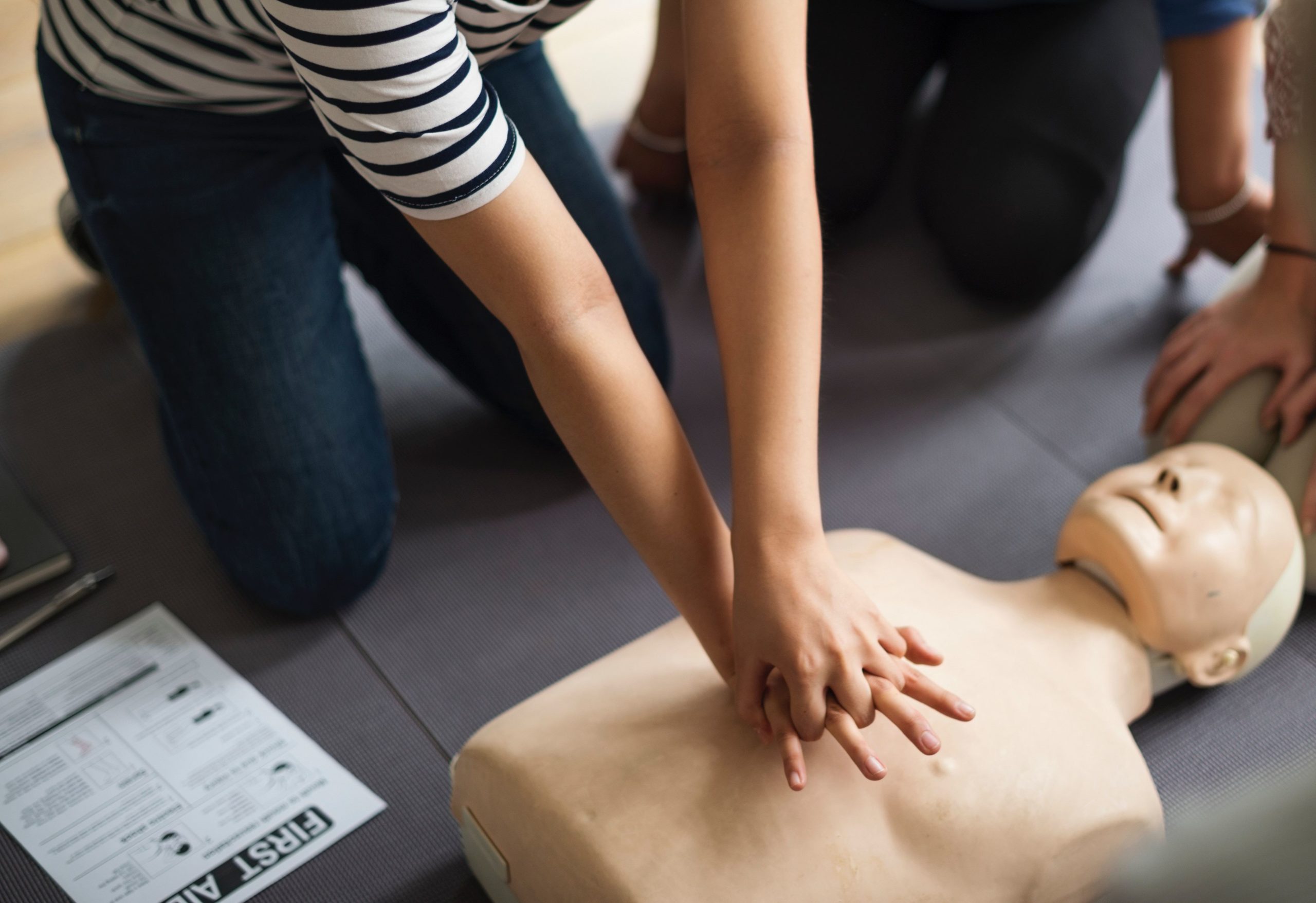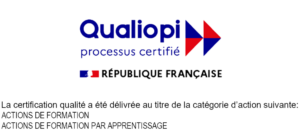
PSC
Course Outline – PSC
The PSC (Prévention et Secours Civiques) course teaches the essential first aid techniques to be applied in an emergency. Delivered by an approved trainer in accordance with ANPS standards.
Topics covered
- Preventing accidents in everyday life
- Protection
- Alerting and airway obstruction
- Bleeding
- Loss of consciousness (PLS : Position Latérale de Sécurité)
- Cardiac arrest
- Fainting
- Skin and joint trauma
- Burns
Objectives
At the end of the course, trainees should be able to:
- Protect themselves, the victim and witnesses.
- Alert emergency services.
- Prevent the victim’s condition from worsening until help arrives.
- Apply these measures to young children.
Teaching and assessment methods
- Face-to-face training.
- Methods: case studies, interactive presentations, practical demonstrations (using teaching dolls), workshops to learn how to use the techniques, simulations.
- A certificate of competence in civil protection (PSC) is awarded to trainees who:
- Actively participate in the entire training course;
- Follow a practical exercise.
- The certificate is awarded by an approved centre.
SST
Course Outline – SST
The SST (Sauveteur Secouriste du Travail) training teaches employees how to prevent occupational risks and how to provide first aid in the event of an accident in the workplace.
Topics covered
- Occupational risk prevention
- Protection and warning in the workplace
- Airway obstruction
- Haemorrhage
- Loss of consciousness (PLS : Position Latérale de Sécurité)
- Cardiac arrest
- Fainting
- Trauma (burns, fractures, etc.)
Objectives
- Prevent occupational risks by identifying hazards and helping to reduce them.
- Intervene effectively in the event of a workplace accident: protect, alert and rescue.
- React appropriately to emergency situations specific to their professional environment.
Teaching and assessment methods
- Face-to-face training.
- Methods: case studies, practical demonstrations, accident simulations, first aid training workshops.
- Continuous assessment with practical exercises to validate what has been learnt.
- An SST certificate (valid for 2 years) is issued to participants who have completed the entire course and demonstrated the expected skills.
IGPS
Course Outline – IGPS
The Introduction to First Aid course teaches the basics of emergency response. It is a first approach to first aid techniques, designed to raise awareness of the importance of reacting quickly and effectively in the event of an accident.
Topics covered
- Accident prevention and victim protection
- Basic gestures for alerting emergency services
- Management of haemorrhages and injuries
- Recognition and management of discomfort
- Basic techniques for cardiac arrest and resuscitation
Objectives
- Identify emergency situations and react appropriately.
- Apply basic first aid techniques to protect, alert and rescue a person in distress.
- Acquire the essential skills to intervene until professional help arrives.
Teaching and assessment methods
- Face-to-face training with practical demonstrations.
- Methods: case studies, interactive presentations, first aid practice workshops, simulations.
- Practical assessment using simulated situations to check skills acquisition.
- Training certificate awarded to participants who successfully complete the practical and theoretical exercises.
Last update 27/03/2025


 Click to see certificate
Click to see certificate